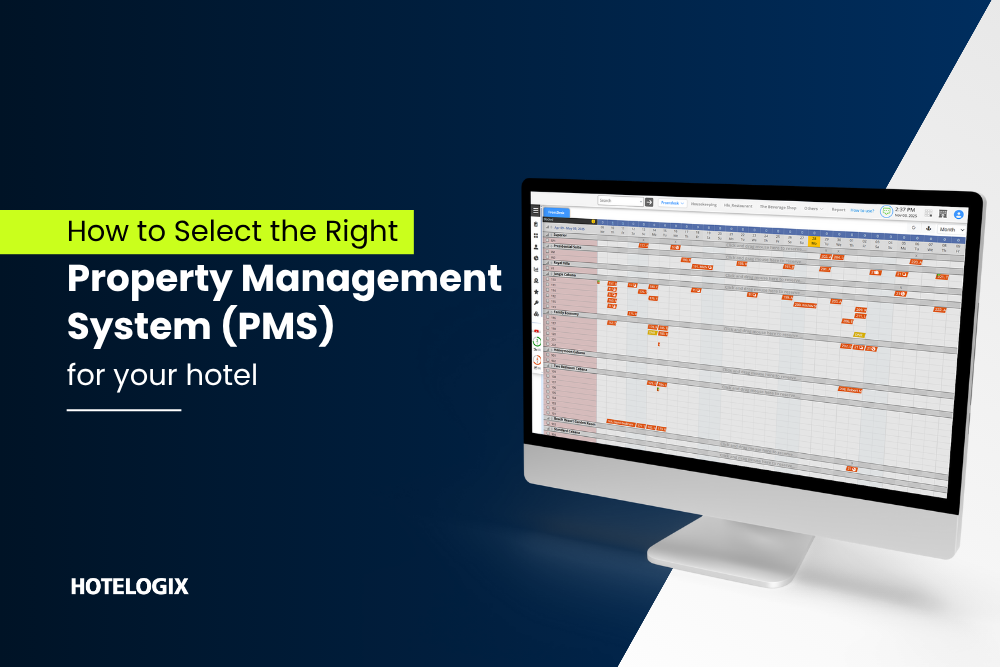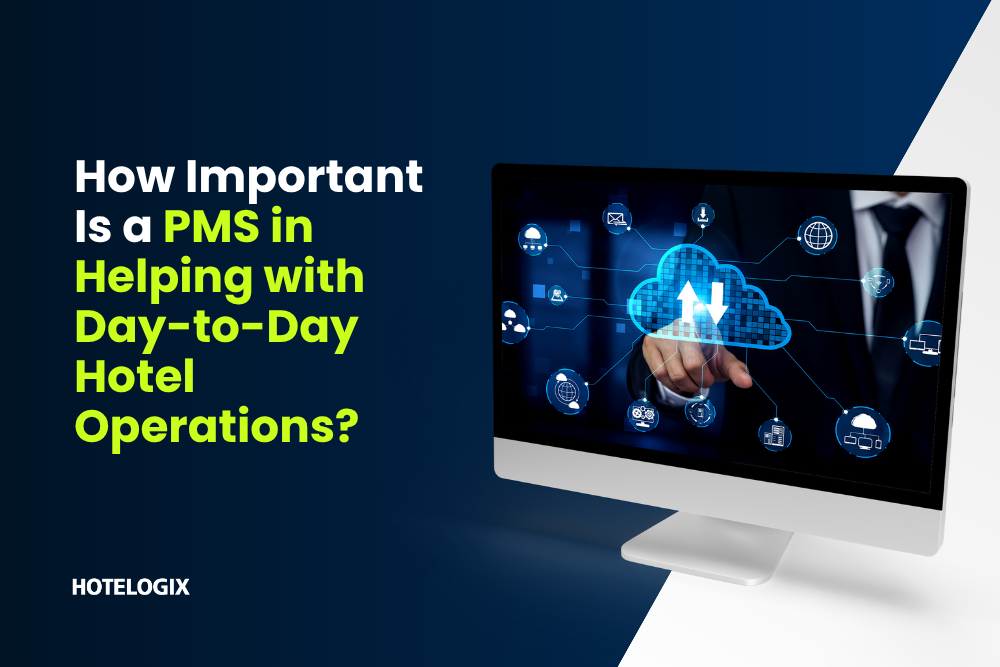Hospitality professionals have been aware about rising guest demands for a while now. Portals like Airbnb have defied all predictions to capture large portions of the market in many countries – guests enjoy the fresh new experience of staying in local properties. With smartphone technology and mobile apps enabling users to do almost anything from ordering groceries to booking a flight, there’s a growing consensus in the industry that hotels will need to take new measures and ramp up the guest experience in order to stay competitive.
A great way to achieve this is through personalization. In fact, according to Janrain’s Online Personal Experience Study, almost 74% of consumers get frustrated when the content they see is of little interest to them. Travelers love it when a hotel seems to identify with their interests and preferences. Unfortunately, the majority of properties today offer little to no personalization for their guests.
Personalization Is Often Viewed As A Challenge
Hotel marketers can feel overwhelmed by the apparent complexity of personalizing stays for each guest. And when they turn to online speakers and experts, most of the solutions and strategies suggested are quite complex and more attuned to larger brands that possess the capital required. A Direct Marketing News Study discovered that 30% of hotel marketers do not implement real-time personalization because of a lack of knowledge, while 43% of them attribute it to a lack of resources.
Data Is The Solution
The cloud platform has grown in popularity over the past several years and a number of hoteliers will migrate this year. With an almost unlimited capacity for data storage, property management systems bring enterprise-level automation to any segment of the industry. Modern cloud-based systems can record guest information for each reservation made, and later ‘recall’ a particular guest’s preferences should they book again at the property. Once connected technology is up and running, hotels will be able to take this up a notch. Meal and tour suggestions based on individual interest could soon become the norm. The cloud also allows data to be shared amongst various properties across distinct locations, so guests can experience the same attention to detail at any of the hotel’s branches.
This level of personalization forges a deep connection with guests and encourages them to visit again.
Personalizing All Stages Of The Guest Cycle
Several studies have discovered that personalizing emails with something as simple as the recipient’s name in the subject line can significantly improve open rates. Click-through rates were also observed to rise when the package being advertised is personalized for the recipient based on their marital status, spending patterns, and so on. A lot of this information can be retrieved from the PMS, while modern ones even allow for real-time integration with mass emailing platforms – automating even the email personalization to an extent! Post departure, a simple email asking the guest about unique details regarding their visit – details recalled by their digital imprint on the PMS like say, late-night room service – can heighten the chances of them leaving a positive review.
It’s only a matter of time before personalizing the guest experience becomes the norm, and almost any independent hotel can begin adopting some level of personalization right now. With travelers faced with so many options when it comes to accommodation today, this will become a vital tool for hotels to maintain occupancy as competition intensifies.





